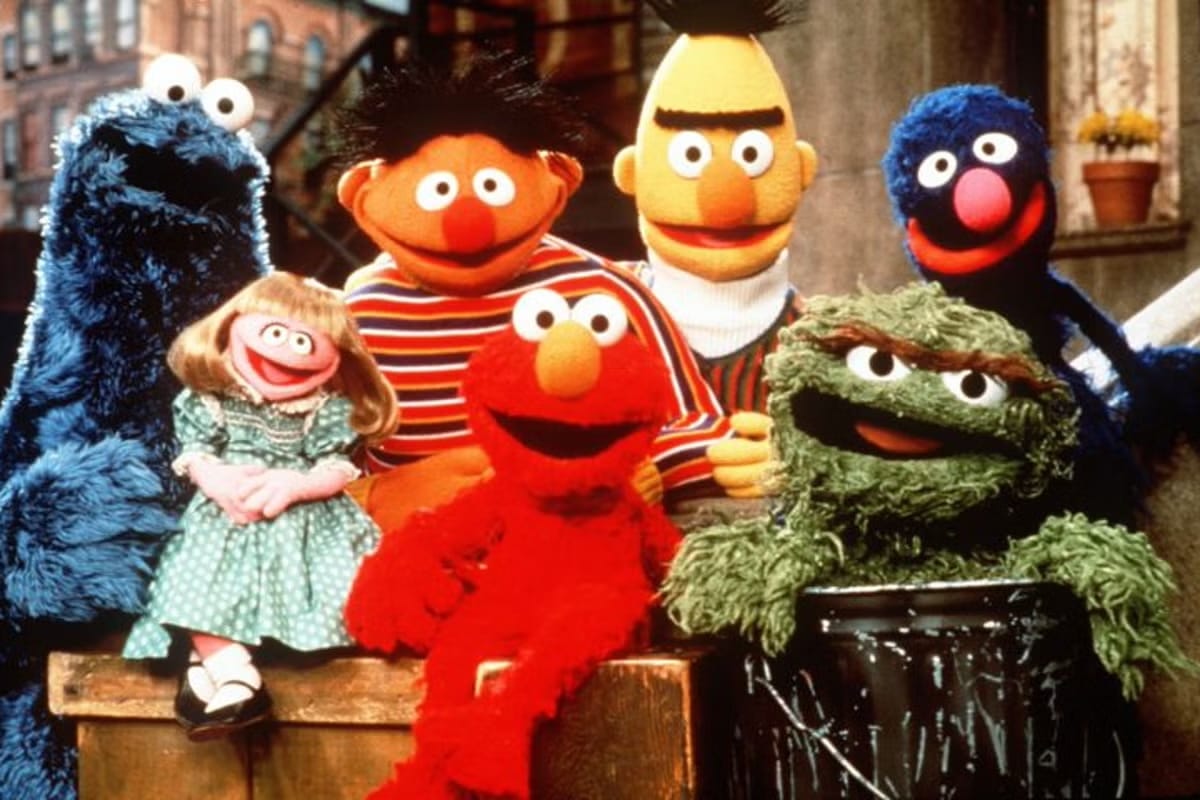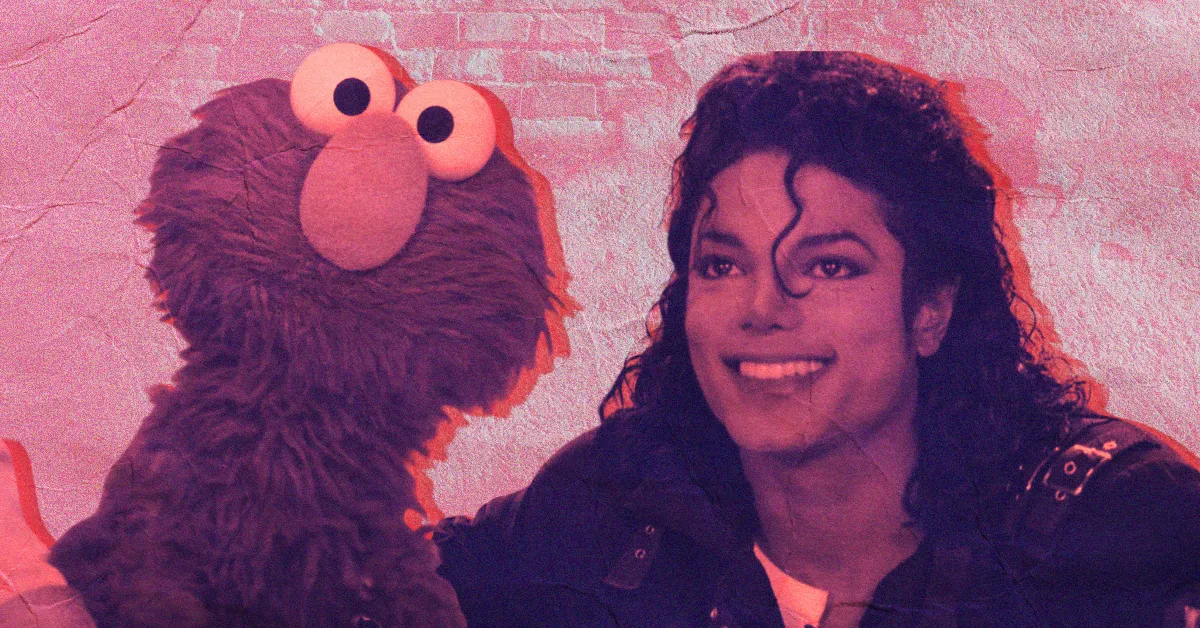Sesame Street almost came to an end after the Beatles’ publishing company attempted to sue the production for making parodies out of two of the band’s classic hits.
The show’s music producer, Chris Cerf, recalled the situation with Den of Geek in 2020. He shared that he had a habit of making major songs into kid-friendly tunes as a way of teaching certain letters or morals. Some of his most famous parodies were (I Can’t Get No) Satisfaction, which came from the Rolling Stones’ song (I Can’t Get No) Satisfaction, and Born to Add, which was based on Bruce Springsteen’s Born to Run.
When he heard the Beatles' single Let It Be, he had a stroke of genius idea for Sesame Street.
“I remember the first time I heard it,” Cerf recalled. “I was sitting in a car, and I went wild. It’s been a long time now, but I remember thinking the first time I heard Hey Jude that not only was it incredibly original but that the ending would be fun to make fun of. And so the songs Hey Food and Letter B kind of happened on Sesame Street at the same time.”
Cerf made his idea into a reality, and the songs, performed by the “Beetles,” aired on Dec. 2, 1983. Shortly after, Sesame Street found itself embroiled in its first and only musical parody legal battle.
“It was not the Beatles that sued us, but rather Northern Songs,” Cerf explained.

Michael Jackson Purchased the Beatles' Music Rights and Saved ‘Sesame Street’ From Ruin
Northern Songs, founded by Dick James, John Lennon, Paul McCartney, and Brian Epstein in 1963, owned the right to the Beatles catalog. But by 1983, none of the original founders had shares in the company. Instead, it was mostly owned by Australian billionaire Robert Holmes à Court.
“They were worried that if we could do what we did on Sesame, then advertisers could use Beatle-like songs without paying for them,” said Cerf. “That was the main reason they went after us.”
The publishing company went after the nonprofit group Children’s Television Workshop for $5.5 million. But it wasn’t having much luck because, as parodies, the songs fell under fair use. Nonetheless, Northern Songs persisted and continued searching for a way to make an example out of Sesame Street. Had it won, the costly payout would have ended the series.
Fortunately, a new owner came into the company two years later—Michael Jackson. He thought the suit was “ridiculous,” and decided to take the pressure off the show. Jackson settled the matter for a mere $50, which Cerf gladly paid out of his own pocket.
“The humor for me was that I had to write out a check to Michael Jackson for $50, and I figured I would come out ahead because he would endorse the check, and then I could sell the autograph for more than $50,” Cerf joked. “But unfortunately, he used a rubber stamp, so that didn’t work out.”


